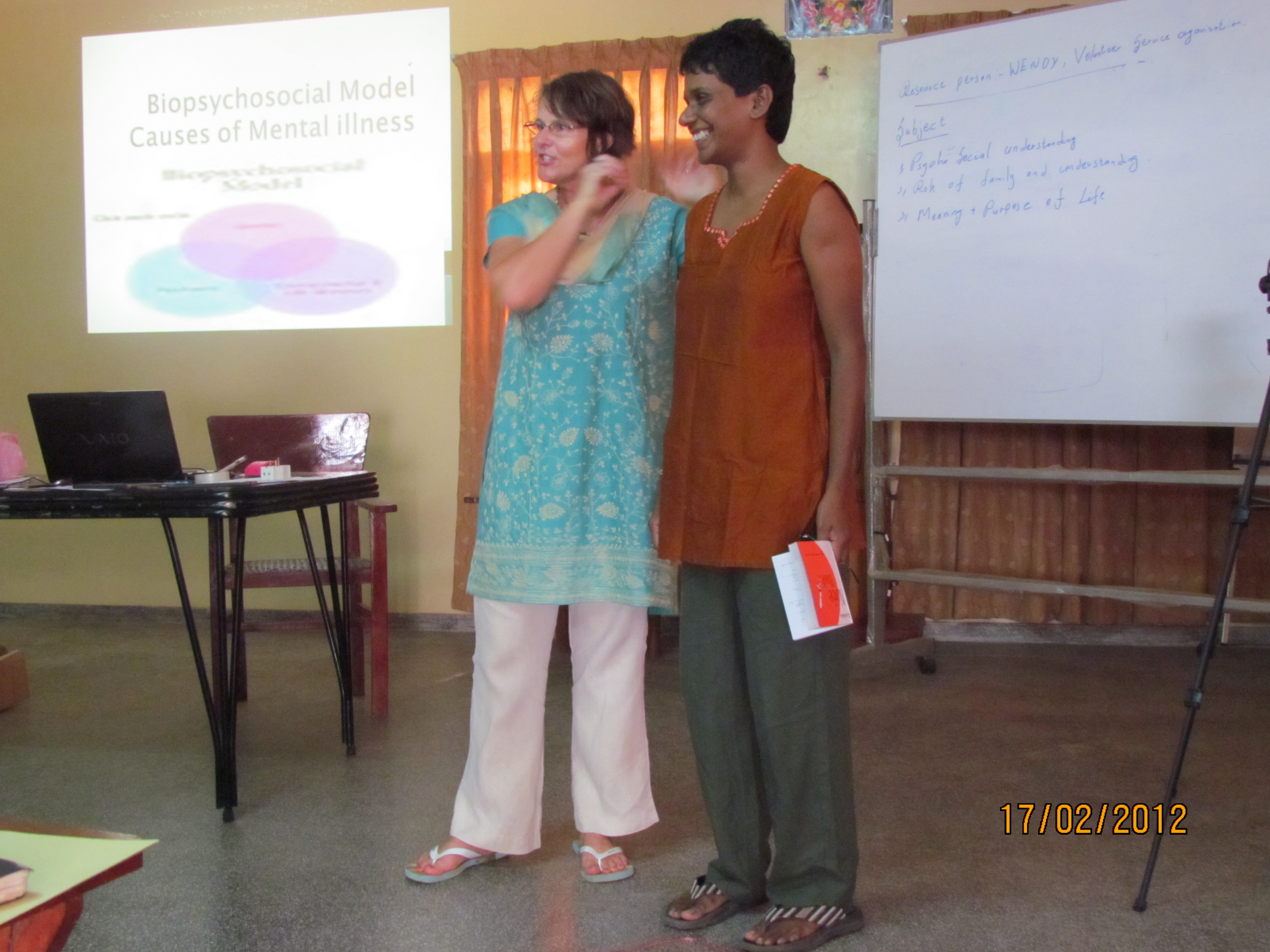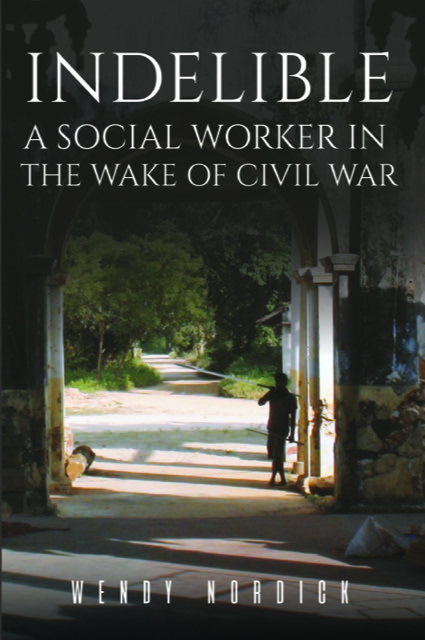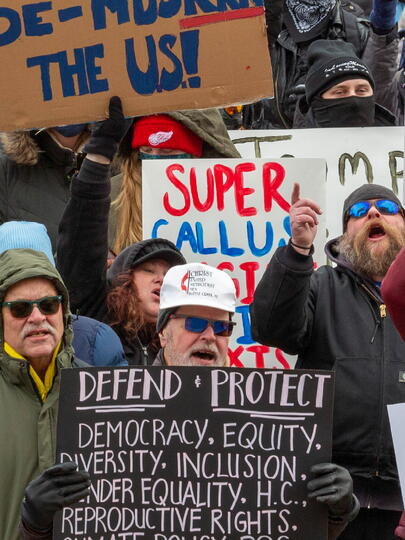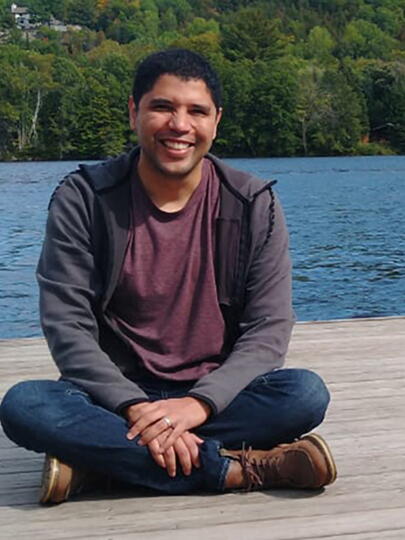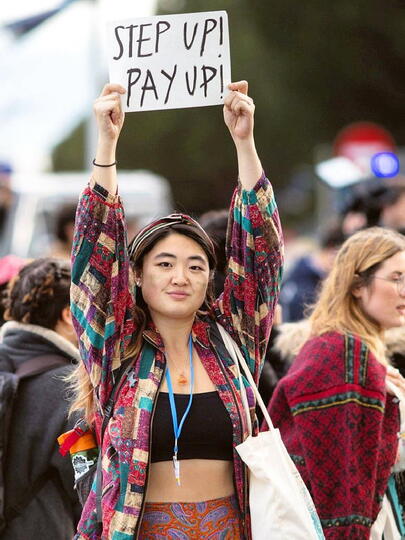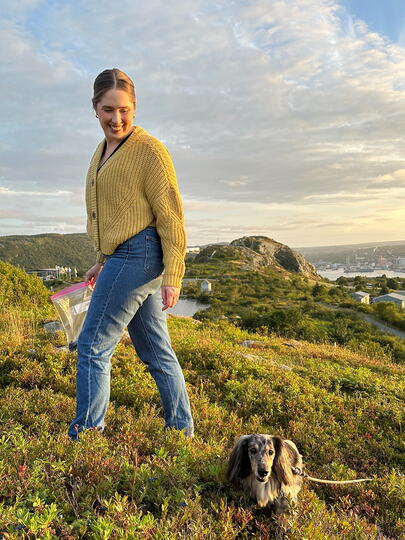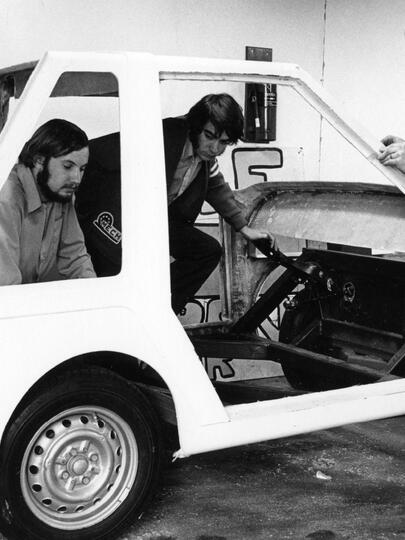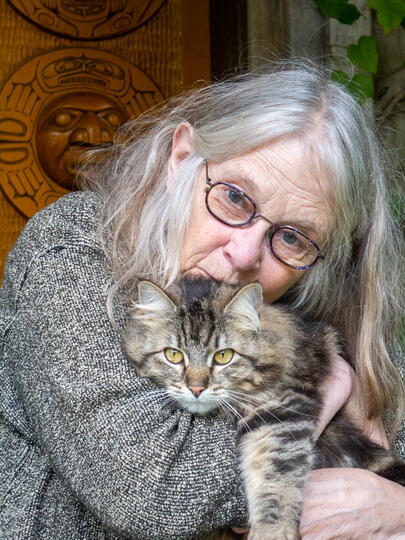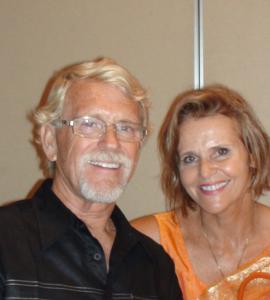Class Acts
In the early 1990s, I read an article about Canadian University Services Overseas (CUSO). I was a young mother with only a high school education but I clipped the article and buried the dream in a filing cabinet. Years later, I unearthed that article and both my husband (Bill Blair, BSc'67, LLB'73) and I applied to CUSO.
In 2011, I plunged into a two-year assignment in Sri Lanka with CUSO. I believed twenty-five years of clinical social work were appropriate credentials to help a country with the highest suicide rate in the world. My husband, a retired provincial court judge, hoped to contribute to peace and justice efforts.
We found ourselves in the cold mountain town of Nuwara Eliya, where I taught mental health skills in a psychiatric hospital fashioned from an abandoned beer factory. A year later, we were transported through the geographically narrow and militarized Elephant Pass into steamy, bombed out Jaffna, the epicenter of the war. My role was to teach and support a “trauma team” that provided therapy for those affected by the war and torture. The emerging stories I encountered reflected a collective and cultural trauma on individuals, families, and society as a whole. It was a humbling experience.
In fear of doing harm, I hurried to the journals for assistance. I found an article titled “Collective Trauma in Northern Sri Lanka”, written by Dr. Daya Somasundaram, a psychiatrist and former refugee. He had fled Sri Lanka after the co-author of their book, The Broken Palmyra, was assassinated in Jaffna. This assassinated physician happened to be the sister of my translator, Vasuki. Recognizing the need for his expertise, I approached Dr. Somasundaram, and he agreed to supervise my work. Under a mango tree, he helped couple my Western education with cultural storytelling and ancient ways of healing.
